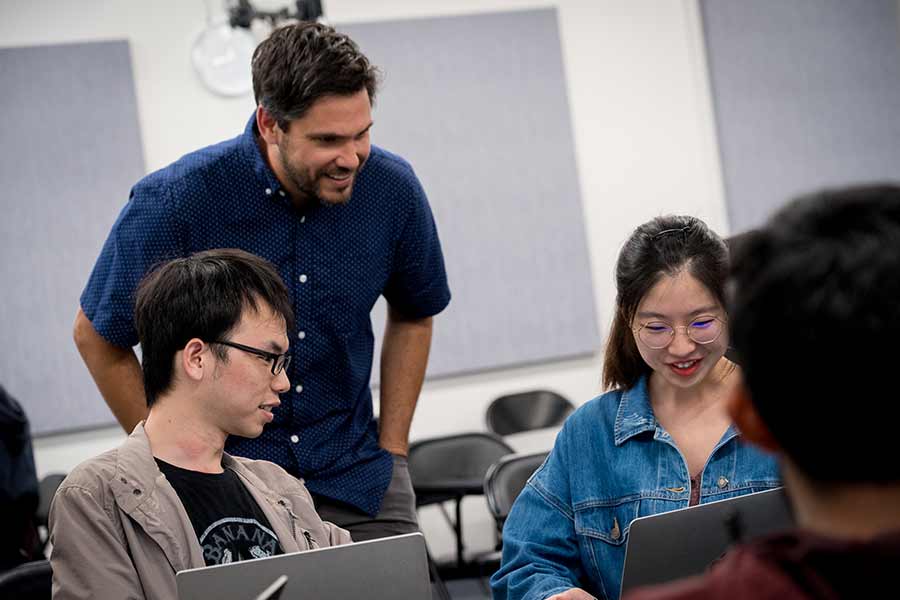Supportive Infrastructure
UC San Diego aims to create an agile, sustainable, and supportive infrastructure by ensuring dedication to service, people, and financial stewardship. As part of this goal, we have strategies and initiatives focused on:
- Enhancing financial sustainability through efficient use of existing revenue
- Ensuring campus has employed best practices in financial tracking and resource allocations
- Identifying new models for excellent service that prioritize stakeholders while addressing regulatory, compliance, and reporting requirements
- Assessing organizational structures, policies, and processes to develop new tactics to comply with mandates and regulations
- Deploying enabling technologies to improve efficiency and service delivery
|
|
 |
Learn more about resources and efforts to support data-based decision-making and uphold UC San Diego's excellence as a student-centered, research-focused, service-oriented university.
